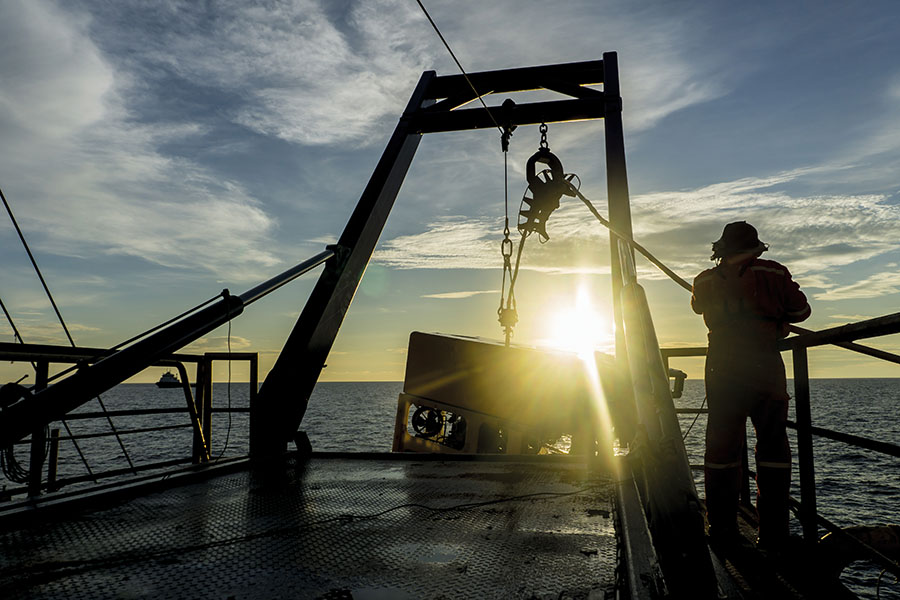Nearly two-thirds of the Earth is covered in water. Yet we know more about the surface of the moon and Mars than we do of our own ocean floor. Humans have an understandable fear of water and desire to remain safe on land. The oceans are formidable places requiring sophisticated equipment. Even more dangerous is exploring uncharted areas.
Remotely Operated Underwater Vehicles (ROVs) overcome the problems humans face remaining underwater. They are used for manual and autonomous missions which would see commands issued by a human pilot. I (supervised by Dr Ing. Brian Zammit and Dr Ing. Marc Anthony Azzopardi) have initiated the design process that will eventually see the Department of Electronic Systems (Faculty of Engineering, University of Malta) doing exactly that.

In order to be able to develop autonomous systems for the ROV in the near future, I started from the mathematical models that are required to predict the physical behaviour of the vehicle in a simulated underwater environment. I also conducted a series of experiments to characterise the behaviour of the underwater propulsion system in terms of generated thrust versus motor speeds, which gives an indication of the generated thrust for variable speed commands sent by the pilot. In addition, I then determined the design of the electronic hardware required to provide robust communications between the pilot and the ROV. This process helped to create a suitable system for bench-testing the developed communications link.
The most vital communication for an ROV to work properly is promptly receiving commands from the pilot to the ROV. After the commands are interpreted by the onboard processors, the ROV’s motion will be controlled by adjusting thrusters. The same physical link will be used to transfer data from the various underwater sensors back to the pilot ground-station. This data will include vehicle-related information such as attitude, speed, and orientation together with mission-related information such as live video streaming. All the data will be transferred using a single fibre-optic tether cable that provides the required high transmission bandwidths whilst reducing problems associated with copper cables, such as their increased weight.
This project is the start of the development of the University’s own ROV, which will lead to safe underwater exploration becoming reality, making yet another step forward in satisfying humanity’s desire of exploring the unknown.





Comments are closed for this article!